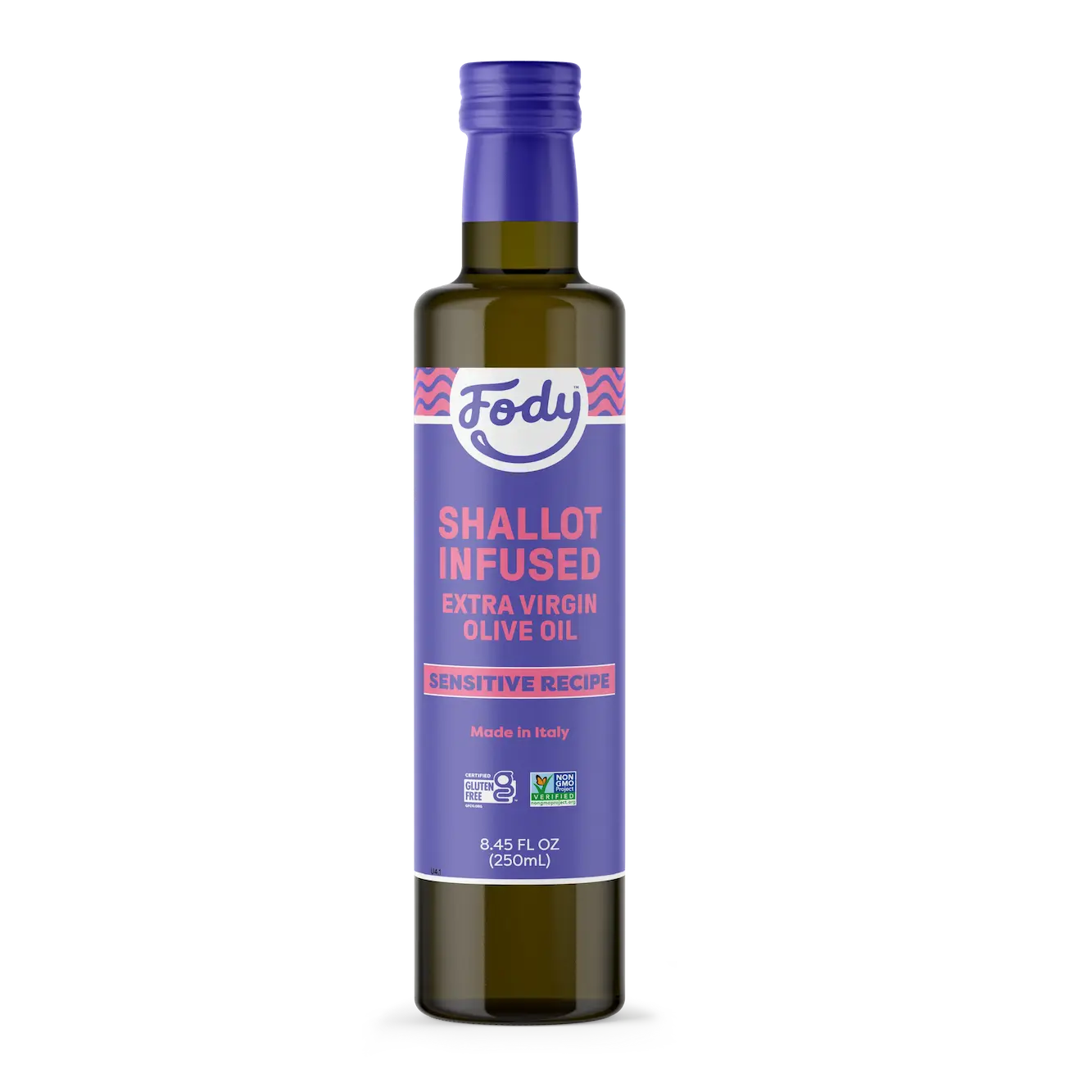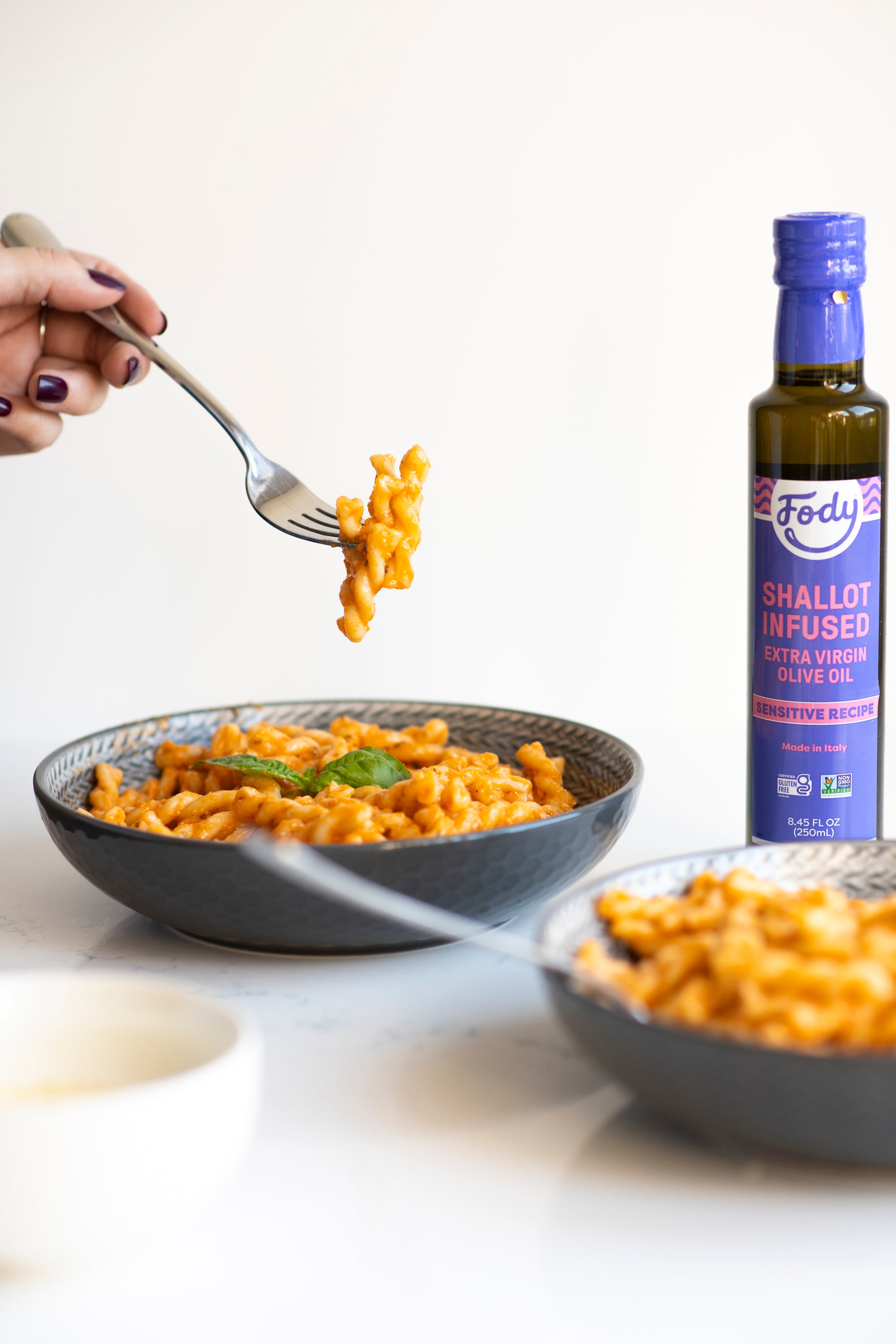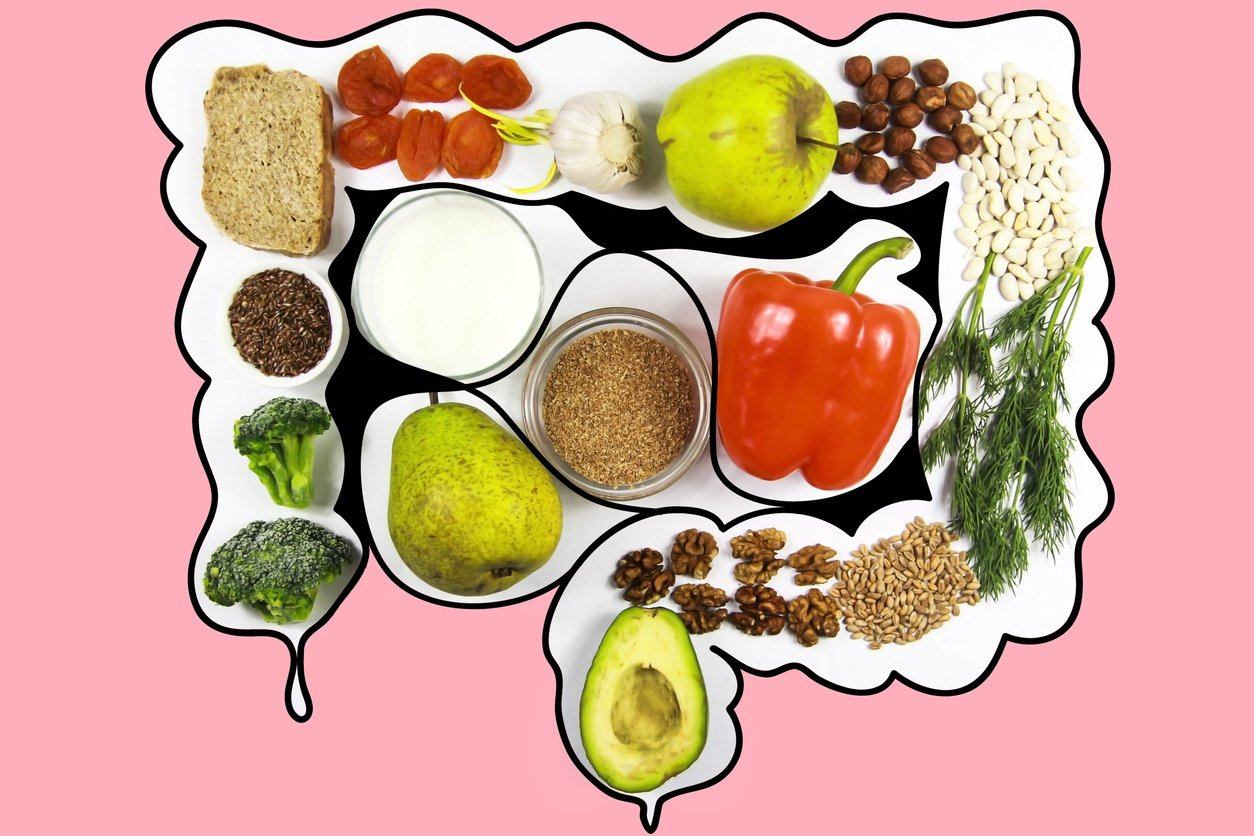

Foods to Avoid When You Have Diarrhea
Diet for Diarrhea
The diet and diarrhea connection is strong, especially for those suffering from chronic conditions like Irritable Bowel Syndrome (IBS) or Crohn’s Disease. Whether you experience chronic diarrhea, or you’ve simply been hit with a random onset of the runs, it’s important to keep a close eye on the foods you eat and remember the list of foods to skip when you have diarrhea.
What Not to Eat When You Have Diarrhea
When you’re experiencing a bout of diarrhea, you’ll likely want to do whatever it takes to get your gut health back to normal. Part of the treatment process will include avoiding a long list of foods that may only make things worse.
Here are some foods to avoid if you have diarrhea:
- Fatty, greasy, and fried foods
- Milk, cheese, and other dairy products
- Spicy foods
- Alcohol and sugary drinks
- Coffee, tea, and caffeinated drinks
- Sorbitol, stevia, aspartame and other artificial sweeteners
- Raw vegetables
- Beans, cabbage, onions, corn and gas-inducing foods
- Fatty cuts of meat, such as pork and veal
- Acidic fruits, including all citrus fruits
List of Foods to Eat When You Have Diarrhea
Until things tide over, it’s best to stick to binding foods that bring you back to normal. Oatmeal, yogurt, plain toast, bananas, boiled potatoes and weak broth are all safe to eat when you have diarrhea.
To restore your gut, fermented foods such as kimchi (not too spicy), kombucha, kefir, and sauerkraut work wonders on boosting your stomach flora levels and restoring your body’s digestive system.
Chronic Diarrhea Treatment
If you find yourself suffering from daily or near-daily diarrhea, the root of the problem could be bigger than a funky takeout meal you had the other day. Not to dive too deep into this stinky problem, but your poop says a lot about your overall health as a person. Speak to your doctor to find out whether you’re suffering from IBS, Crohn’s Disease, a food allergy or sensitivity, an infection, endocrine disorder, or perhaps a reaction to a new medicine you’re taking.We can’t speak for the rest of the chronic conditions and diarrhea causes, but research has found that the low FODMAP diet can be effective for IBS-sufferers. 50-70% of patients studied found partial or total relief from IBS-symptoms, including chronic diarrhea, by following this Monash University-recommended diet.
Think your diarrhea might be IBS-related? Here’s everything you need to know to get started on the low FODMAP diet. And feel free to also explore our countless low FODMAP resources and tips on improving gut health!
So, what are you waiting for?
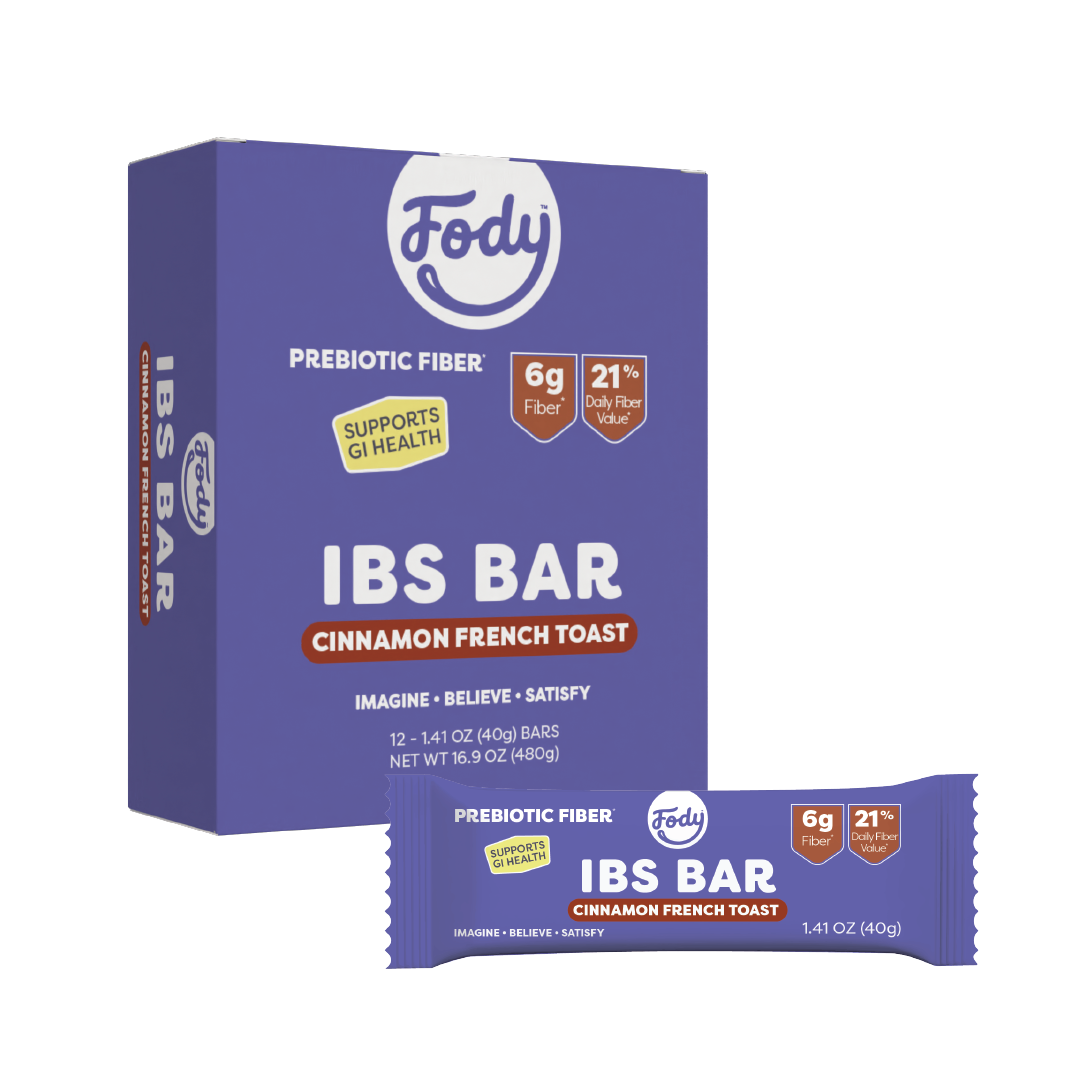
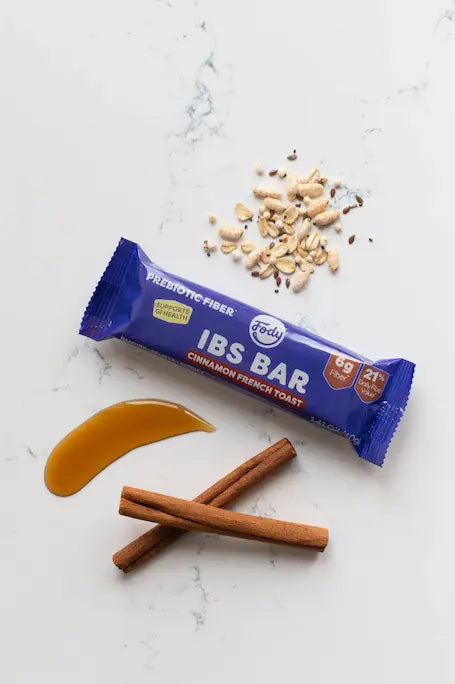 Cinnamon French Toast High Fiber Snack Bar - 12 Pack
Cinnamon French Toast High Fiber Snack Bar - 12 PackCinnamon French Toast High Fiber Snack Bar - 12 Pack
$32.99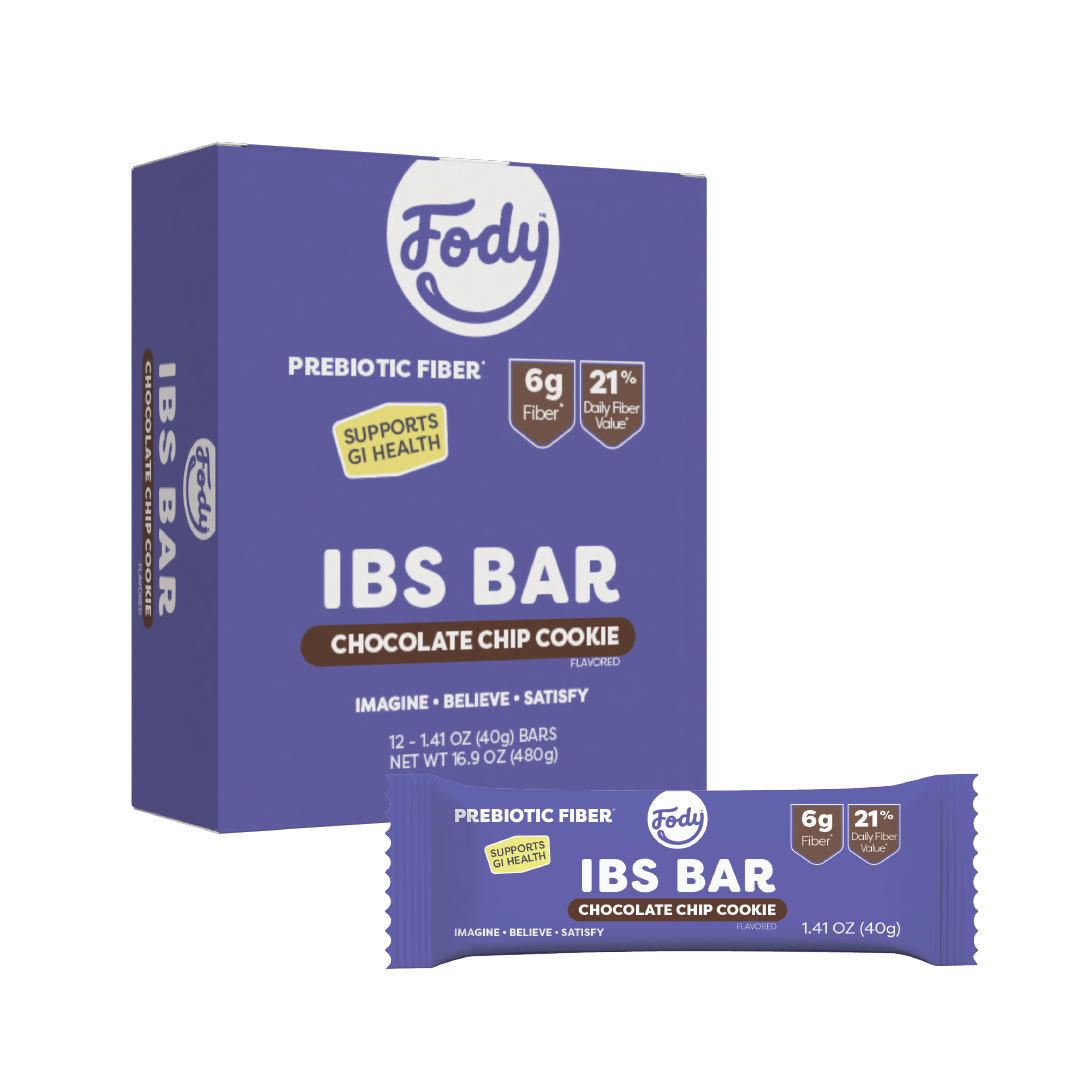
 Chocolate Chip Cookie High Fiber Snack Bar - 12 Pack
Chocolate Chip Cookie High Fiber Snack Bar - 12 PackChocolate Chip Cookie High Fiber Snack Bar - 12 Pack
$32.99











